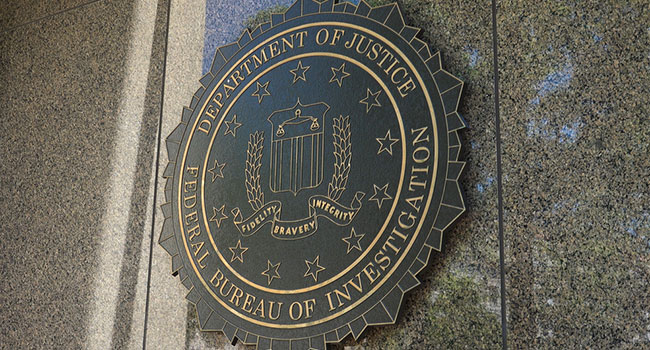
FBI Warns U.S. Companies About Recent Scourge of “Maze” Ransomware Attacks
The advisory warned businesses about cyber attacks featuring cryptocurrency sites and spam campaigns impersonating government agencies.
- By Haley Samsel
- Jan 08, 2020
In a recent advisory to private companies across the U.S., the FBI warned businesses about a series of cyber attacks using “Maze” ransomware, which began hitting American organizations in November.
According to CyberScoop, which obtained a copy of the alert sent to businesses in late December, the FBI described a recent scourge of ransomware attacks in which the hacker, sometimes acting as a government agency, stole data from companies and encrypted it to further extort the business.
“From its initial observation, Maze used multiple methods for intrusion, including the creation of malicious look-a-like cryptocurrency sites and malspam campaigns impersonating government agencies and well-known security vendors,” the advisory reads, according to CyberScoop.
The advisory also cited a late November attack in which hackers using Maze threatened to release confidential and sensitive files from an American victim in a move to extort the company for ransom.
Hackers using Maze software were behind the ransomware attack that targeted the city government of Pensacola, Florida in December shortly after a shooter killed three sailors at the Naval Air Station Pensacola.
The actors behind the attack released 2GB of files that were allegedly stolen from the government in an effort to pressure officials to pay the ransom, according to BleepingComputer. Hackers have demanded a $1 million payment to release the data.
Brett Callow, an analyst at cybersecurity firm Emsisoft, told StateScoop that the group is using the data as additional leverage to extort payment.
“Whether the city pays or doesn’t pay, the end result is the exactly same: their data is in the hands of cybercriminals,” Callow said. “Were the city to pay, it would simply have the criminals’ word that the data wouldn’t be released or that they wouldn’t attempt to extort money for a second time.”
Cybersecurity experts say that the Maze trend is an indication of attacks to come.
“We expect to see an increasing trend of threat actors stealing sensitive data from victim organizations before encrypting the data in the victim environments,” Charles Carmakal, senior vice president at Mandiant, told CyberScoop.
Carmakal added: “Organizations may feel more coerced to pay the threat actors because they may feel it’s the best option to prevent the disclosure of sensitive information."
About the Author
Haley Samsel is an Associate Content Editor for the Infrastructure Solutions Group at 1105 Media.